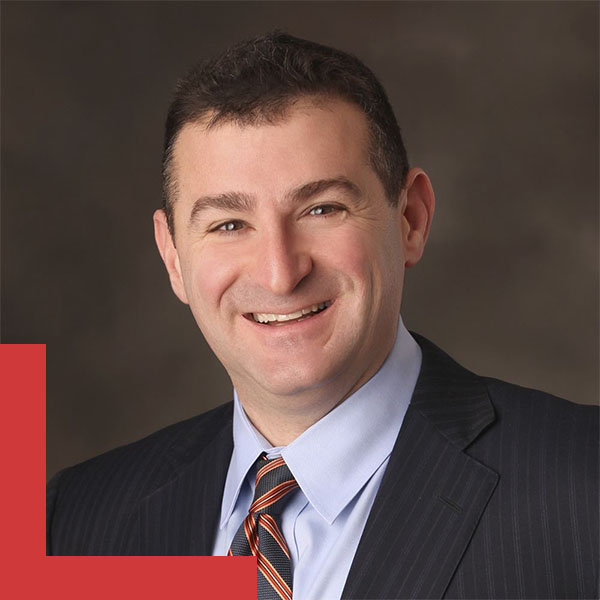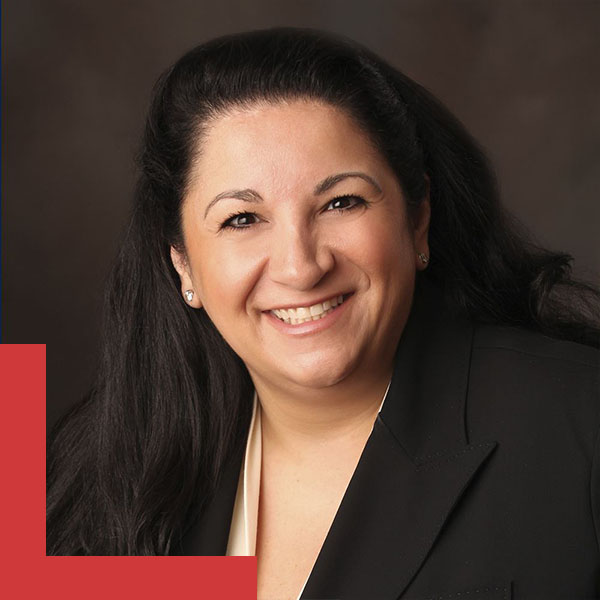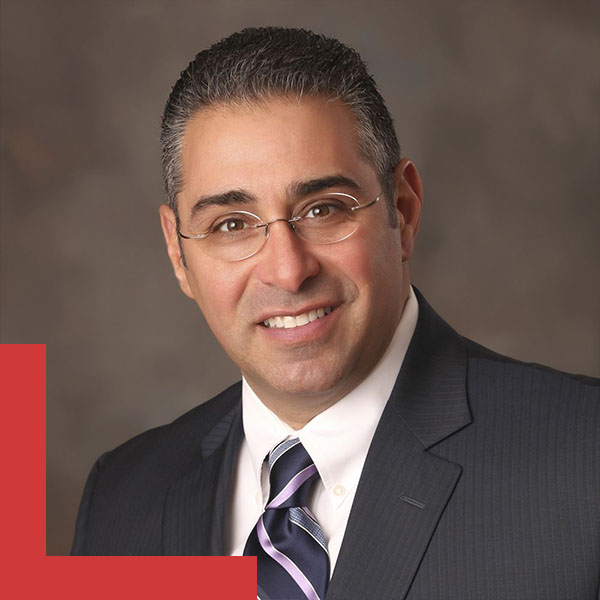Motorcycle accidents can be serious, often leaving people with severe injuries and confusion about what happened. Understanding the events leading to a motorcycle accident is crucial in determining who was at fault. One way to figure out the details is through eyewitness testimony. Eyewitnesses are people who saw the accident happen and can share what they saw with the police or in court. This testimony can play an important role in deciding what caused the accident and how the case should be resolved.
Eyewitness testimony is often considered a strong form of evidence in motorcycle accident cases. However, while eyewitnesses can provide helpful information, it’s important to understand that their accounts are not always perfect. Sometimes people remember events differently, and their perspective might not capture the full picture. In motorcycle accident cases, eyewitness testimony can be a powerful tool, but it must be handled carefully to ensure it is accurate and fair. At, Tenn And Tenn, PA, we are here to guide you through the legal process and help you navigate the complexities of your case.


James J. Tenn, Jr.
Attorney

Mary Elizabeth Tenn
Attorney

John J. Tenn
Attorney
Working hard to obtain the best results possible for our clients and fighting to protect their rights.
Why Eyewitness Testimony is Important
When a motorcycle accident occurs, the people involved in the crash may not always be able to describe what happened clearly. Motorcyclists, in particular, may be injured to the point that they cannot recall the details of the crash. In these situations, eyewitnesses can provide critical information. They are often the only people who saw the accident from start to finish and can explain how the vehicles were moving, who may have been at fault, and whether any laws were broken.
Eyewitness testimony helps investigators and lawyers understand the circumstances of the accident. If a driver ran a red light, for example, or if a motorcyclist was speeding, the eyewitness might be the one to point this out. Since motorcycle accidents often happen very quickly, having a person who observed everything from a neutral position can be a valuable resource. Their statements can also assist insurance companies in determining who should be held responsible for paying damages.
The Challenges of Eyewitness Testimony
While eyewitness testimony can be useful, it is not always perfect. People often remember events in different ways, even if they were watching the same incident. There are many reasons for this. Some people may have been distracted or only saw part of the accident. Others may have personal biases that affect how they remember what happened. For example, someone might have a bias against motorcyclists and assume that the rider was driving recklessly, even if that was not the case.
Another issue is that memory can fade over time. If a person does not provide their account of the accident right away, they may forget important details or confuse events. The longer it takes for an eyewitness to give their statement, the less reliable their memory may be. This can pose a challenge in motorcycle accident cases, especially if the case goes to court months or even years after the accident occurred. For these reasons, it is important to gather eyewitness testimony as soon as possible and ensure that it is compared with other evidence to determine its accuracy.
How Eyewitness Testimony is Used in Court
In motorcycle accident cases that go to court, eyewitness testimony can be presented as evidence to help a judge or jury understand what happened. Lawyers will often call eyewitnesses to testify, asking them questions about what they saw. The eyewitness will explain where they were at the time of the accident, what they observed, and what they believe caused the crash. This testimony can be very persuasive, especially if the eyewitness is seen as honest and reliable.
However, eyewitnesses can also be questioned by the other side’s lawyer. This process is called cross-examination. During cross-examination, the opposing lawyer may try to find holes in the eyewitness’s story or point out contradictions. They may ask questions that challenge the eyewitness’s ability to remember the accident or highlight any biases the witness may have. This is why it is important for eyewitnesses to be truthful and clear in their testimony, as any uncertainty or inconsistency can weaken their statement.
Eyewitness testimony is not the only type of evidence presented in court. It is usually combined with other forms of evidence, such as photographs of the accident scene, police reports, and analysis of the crash. By putting all these pieces together, the court can get a more complete picture of what happened.
Factors That Can Affect the Accuracy of Eyewitness Testimony
Several factors can influence how accurate an eyewitness’s testimony is. One factor is how closely the eyewitness was paying attention during the accident. Someone who was distracted or only glanced at the crash may not remember key details as well as someone who was focused on the events as they unfolded. The distance between the eyewitness and the accident scene is also important. An eyewitness who was standing or sitting far away might not have seen everything clearly, especially if there were obstacles blocking their view.
Lighting conditions can also affect how well an eyewitness can recall what happened. Accidents that occur at night or in low-visibility conditions, such as during rain or fog, can make it difficult for an eyewitness to see what was going on. Additionally, the speed at which the vehicles were traveling can impact what the eyewitness remembers. Motorcycle accidents often happen quickly, and it can be hard for someone to accurately describe how fast a vehicle was moving or the exact series of events that took place.
Another factor is the emotional state of the eyewitness. People who witness a traumatic event, like a motorcycle accident, may experience shock or fear. These emotions can affect how well they remember the details of the crash. In some cases, an eyewitness may unintentionally fill in gaps in their memory with details that are not accurate. This is why it is important to treat eyewitness testimony with care and combine it with other evidence to create a complete and fair account of what happened.
The Role of Lawyers in Handling Eyewitness Testimony
Lawyers play a key role in managing eyewitness testimony in motorcycle accident cases. They are responsible for finding witnesses, gathering their statements, and presenting their testimony in court. Lawyers also know how to evaluate the credibility of an eyewitness. They can identify whether an eyewitness’s account is consistent with other evidence and whether the witness has any biases that could affect their testimony.
When preparing for a motorcycle accident case, lawyers will often interview eyewitnesses to gather as much information as possible. They may also ask follow-up questions to clarify any confusing or unclear details. During a trial, lawyers will present the eyewitness testimony in a way that supports their client’s case, making sure to highlight the most important parts of the witness’s statement.
In addition to presenting their own witnesses, lawyers must also be prepared to challenge the testimony of opposing witnesses. This involves cross-examining the eyewitness to find any weaknesses in their story or pointing out contradictions with other evidence. By carefully handling eyewitness testimony, lawyers can help ensure that the case is resolved fairly and that the truth comes to light.
Combining Eyewitness Testimony with Other Evidence
While eyewitness testimony can be a powerful tool in motorcycle accident cases, it is rarely the only piece of evidence used to determine what happened. Other forms of evidence are often needed to provide a complete picture of the accident. This includes physical evidence, such as skid marks on the road, damage to the vehicles involved, and traffic camera footage, if available. Police reports and medical records can also provide important information about the accident and the injuries sustained.
Lawyers will often use eyewitness testimony to support other types of evidence. For example, if an eyewitness says they saw the motorcycle swerving just before the accident, this testimony could be backed up by physical evidence of skid marks on the road. By combining eyewitness testimony with other forms of evidence, it becomes easier to determine who was at fault and how the accident occurred.
Eyewitness testimony plays a crucial role in helping people understand what happened in motorcycle accidents. While it is not always perfect, it can provide valuable insights that help determine who was responsible for the crash. The reliability of eyewitness testimony can be affected by many factors, including how closely the witness was paying attention, their emotional state, and the conditions at the time of the accident. However, when used in combination with other evidence, eyewitness testimony can be a key piece in solving the puzzle of a motorcycle accident.
If you or someone you know has been involved in a motorcycle accident and needs legal assistance, Tenn And Tenn, PA is here to help. Our experienced team is ready to guide you through the legal process and ensure your rights are protected. Reach out to us today for a consultation and let us help you get the compensation you deserve.
